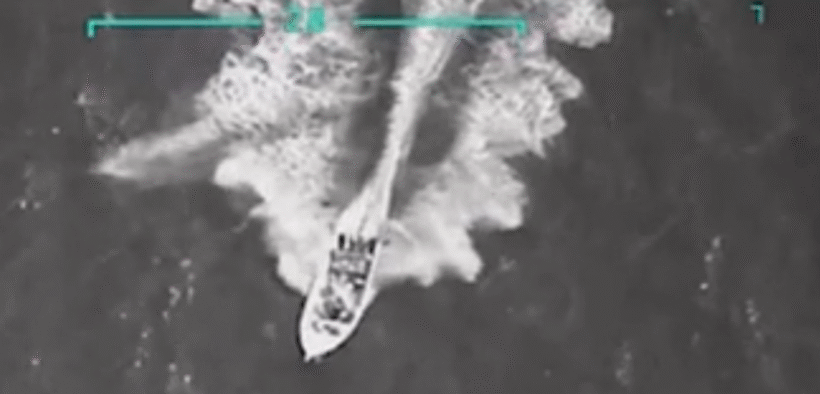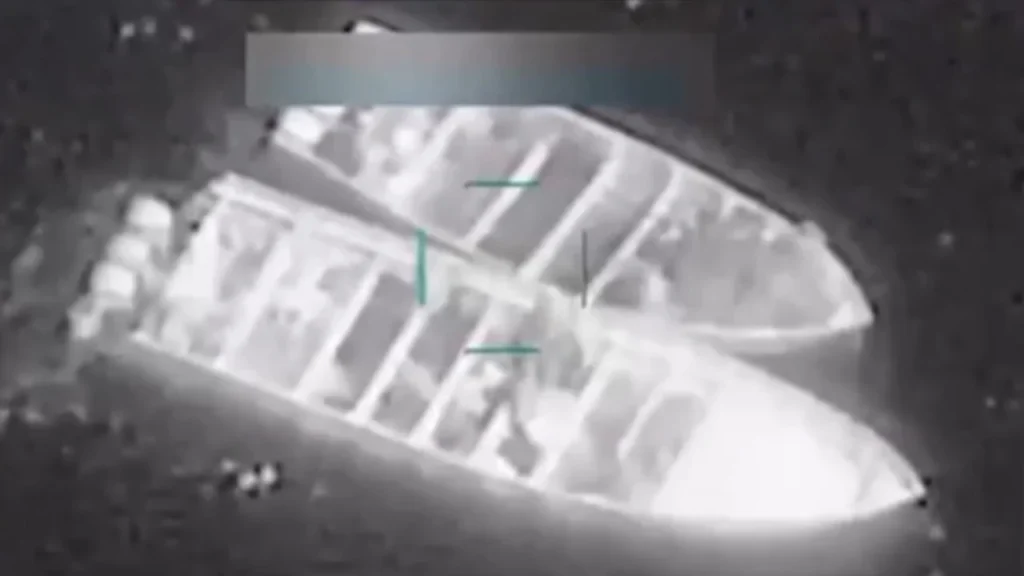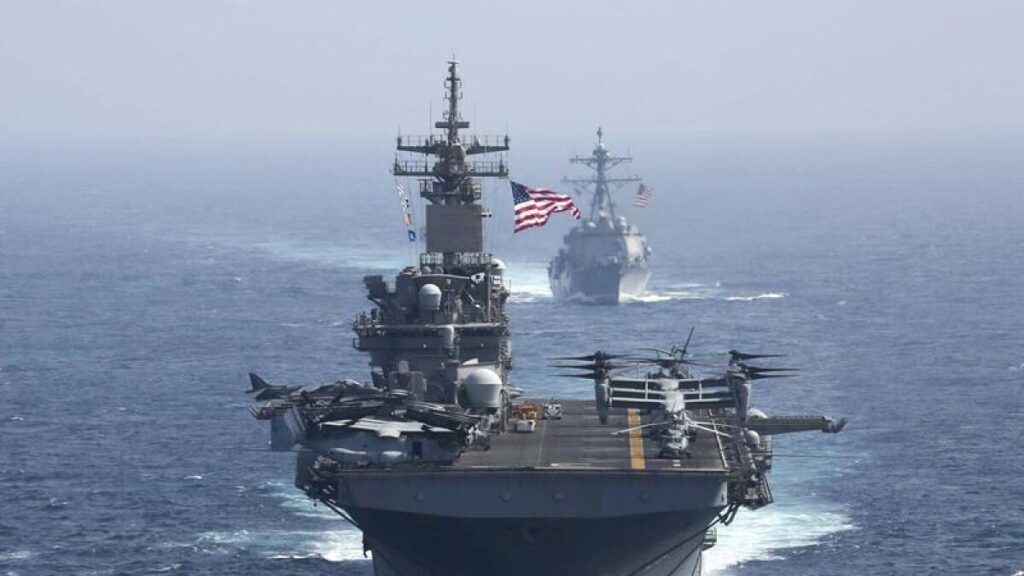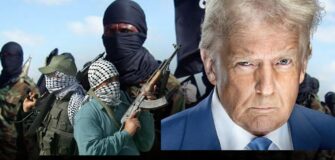U.N. Condemns U.S. Military Strikes on Alleged Drug Boats in the Caribbean and Pacific
Share

The United Nations has sharply criticized the United States over a series of military strikes on alleged drug trafficking boats in the Caribbean and Pacific Oceans. U.N. human rights chief Volker Türk described the operations as “unacceptable” and called for them to stop immediately, warning that the incidents may constitute extrajudicial killings under international law.
In a statement released from Geneva, Türk said reports of the U.S. military engaging suspected drug boats with lethal force raise “serious concerns about proportionality, legality, and due process.” He urged Washington to open an independent investigation into the strikes and ensure that all actions taken under anti-narcotics missions comply with international human rights standards.

The condemnation follows multiple U.S. Navy and Coast Guard operations that, according to officials, targeted vessels suspected of transporting drugs between South America, the Caribbean, and the Pacific. American defense sources have defended the missions as part of ongoing efforts to disrupt global narcotics networks and protect U.S. national security interests.
However, human rights observers and regional leaders say the strikes have endangered civilians and violated international norms. Several Caribbean governments have privately expressed frustration, claiming they were not consulted before U.S. forces launched operations within or near their territorial waters. Some officials have also questioned whether the use of lethal force was justified, noting that those on board were never given a chance to surrender.
For the Caribbean, the controversy strikes at a deeper issue, the balance between fighting transnational crime and respecting the sovereignty of smaller nations that often bear the brunt of global drug wars. Critics argue that U.S. anti-narcotics policies have too often led to collateral damage in the region, from disrupted fishing livelihoods to innocent casualties caught in raids.

“The Caribbean is not a battleground,” one Jamaican human rights advocate said. “You can’t claim to fight for security while undermining justice and human rights.”
U.S. officials have not formally responded to Türk’s remarks but maintain that the missions were conducted lawfully and targeted “confirmed drug-trafficking operations.” The Pentagon has also stated that its forces follow strict rules of engagement designed to minimize civilian harm.
The U.N.’s intervention underscores the growing tension between global security enforcement and humanitarian oversight. With Washington facing pressure to justify its tactics, the issue could escalate into a broader diplomatic debate over the reach of American military power in international waters, particularly in regions with deep colonial and racial histories that still shape modern global relations.
For many across the diaspora, the U.N.’s criticism is a reminder that even in the name of security, accountability and justice must remain non-negotiable. As the world demands transparency, the United States now faces renewed scrutiny over how far it’s willing to go in its ongoing war on drugs, and at what human cost.






